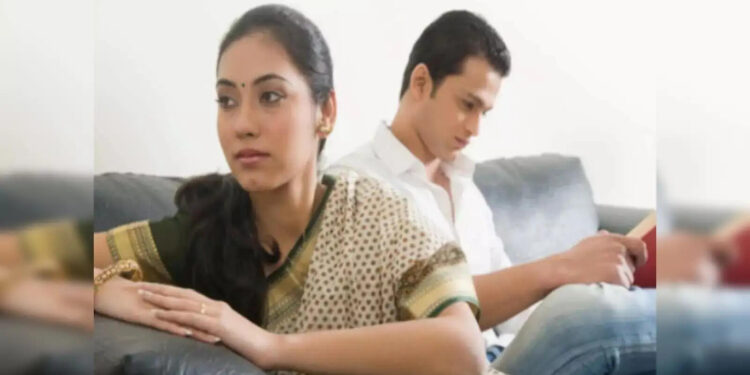Sometimes in the complexity and feelings of relationships, the streak of truth and lies becomes blurred. One such case came up in the Gwalior High Court, where the court granted bail to the accused on charges of rape by a woman – but the basis of the verdict was very shocking.
Four years old, but what was really ‘promise’?
The woman complained that she stayed with accused Shubham Patel for four years. During this time he promised marriage and made physical relations several times, which now falls under the category of “rape” accordingly. The woman alleges that the accused later drove her away by threatening to kill her.
The verdict overturned when old documents started opening
When the matter reached the High Court, the accused Shubham claimed shocking – that the woman is already married, and that too with not one but two men! She told through a bank passbook and other documents that the woman has once described herself as the wife of “Ankit Rathore” and the second time “Suraj”.
On this, the court raised the question: “How can a woman who is already married to give her a marriage?” This question is not only legally important, but it also shakes social thinking.
Release on bail and comprehensive debate
The accused got bail based on evidence and circumstances. The High Court’s decision indicates that only the woman’s charge is not enough, unless there is permanent and consistent evidence behind her.
This case raises many deep questions:
Can it be accused of “rape” later on breaking emotional relations?
Is it legally logical to accept the promise of marriage by a married woman?
Is the complication of relationships now confused the law too?
Conclusion: The truth of misuse or justice in the name of relationships?
This incident suggests that now it is becoming difficult to blame someone on the basis of allegations. The courts are now taking decisions keeping in mind the documents, the background of relationships and continuity of developments.
This case can give rise to a new debate on ‘confusion of relationships and truth of law’ in the coming time – in which it will be even more important to decide who is really the ‘victim’ and who is the ‘accused’.






